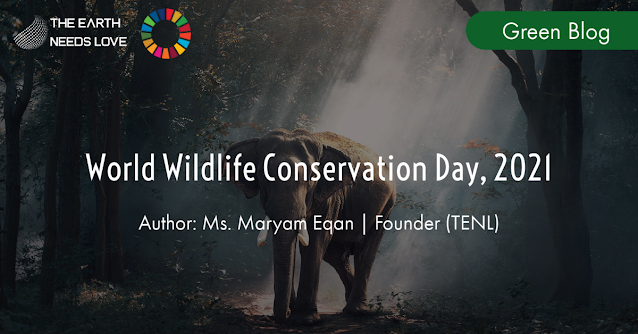Wildlife populations have collapsed by more
than two-thirds in less than five decades, conferring to a foremost report by
the conservation group WWF. The report articulates this "Catastrophic
Decline" displays no sign of retardation. And it counsels that nature
is being ruined by humans at a degree never realized earlier.
Actions such as reaping natural resources,
industrial manufacture and population expansion and suburbanization are contributions
by humans to habitat obliteration. Compression from agriculture is the major anthropogenic
reason. Some others embrace mining, logging, trawling, and urban sprawl.
Wildlife crime is a solemn misconduct, not a detached
problem in a distant realm. It is
a universal encounter that extents continents and covers oceans. It matters,
and not just because we care about elephants, rhinos, and tigers, but the park
rangers on the forefronts of conservation are being slayed. Local groups that rely
on wildlife for leisure industry or nourishment are being raided of their incomes.
Corruption and terrorization are flagging law implementation efforts.
Unscreened wildlife and wildlife parts upsurge the danger of human health
pandemics such as bird flu, corona virus etc. And local security is conceded as
militarized assemblages cash in on this profitable and speedily mounting trade,
using it to finance insurgence and even fanatic action.
Despite augmented labors to deal with the outpour
in poaching, nearly 110,000 elephants have been slaughtered in the past decade—stressing
the necessity for crucial global act to discourse the catastrophe.
African and Asian countries are winding under
a stealing crisis. Cruel illegal nets are preying the wild to source steeply rising
demand for rhino horn, illegal ivory, and tiger parts. As a conscious about
wildlife, we recognize that wildlife delinquency is the most instant danger to
wild elephants, tigers, and rhinos. We also consider the connection of wildlife
to regional conflicts, national security and even terrorism.
On this Wildlife Conservation Day, WWF is
urging governments—chiefly those of demand countries such as China, Vietnam, Thailand,
and the U.S.—to reinforce law enforcement, capitalize in more boots on the
ground and obligate to long-term need reduction efforts. But we also need our
support to halt demand for unlawful wildlife shares and products.
Click
here to pledge to stop wildlife crime and commit to preserving nature's
beauty for future generations.
About
the Author: Maryam Eqan is an Executive In-chief and Founder of The Earth Needs
Love. She believes in youth engagement and activism for environment, climate,
and sustainable development.

0 Comments